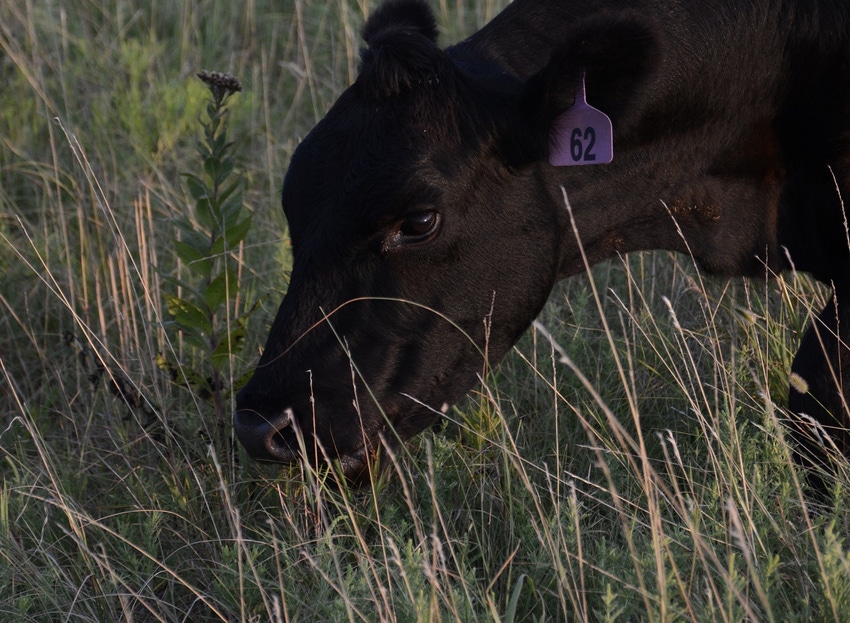
I am sure there are lots of animal health issues that I have missed and I’m of the opinion that any of these exclusions have been a blessing.
Veterinarians might be dependent on problems but I believe that “wrecks” are not a good game for me or anyone else.
Recently, I read a series of infomercials about a herbicide product that is newly available to mix with fertilizer for broadleaf weed control in a bunch of states, including my home state of Tennessee. This takes the wind and drift out of the equation since the efficiency is much better in late winter and early spring, and because cool-season grasses love water and salt fertilizer (NPK) the program would seem to fit like a good glove. My problem with it has to do with animal health and the soil profile and wellness.
Here is where I’m going:
Salt fertilizer grows more forage tonnage but not more pounds of gain per acre. Total pounds of gain is what we sell.
Fertilizer tends to depress the growth and tonnage of high-energy warm-season grasses, legumes and forbs because of the cool-season grass “blow up” it causes.
Increased spring growth tends to take out the soil moisture.
Many so-called weeds are actually very nutritive and deep-rooted and will open the soil for water, air and fertility.
For an example let's consider common ragweed. Ragweed is not my partner but we grow our share and it has been a lot of years since I warred with the plant. It is readily consumed by our cattle if they are managed in densities of 70,000 pounds per acre or more. It has nutritive properties similar to alfalfa.
Musk thistle would be another useful weed I could consider for similar reasons. The truth is that we can use and make money with all this stuff. Why do we want to break the ranch spending money trying to kill plants that we actually need?
Ray Banister of Montana tells me of an interesting piece of research in Canada several years ago. For $35 per acre in herbicide costs the university reduced snowberry (buckbrush) and increased grass production by 400% from 500 pounds to 2,000 pounds per acre. The chemicals set back 1,500 pounds of snowberry.
The truth is that with high-density grazing the cattle would have eaten over 50% of the snowberry. What is the point? That 750 pounds or so of consumption would negate the $35 cost and had some value as forage.
It will be interesting to see just how long it will take most of us to learn and accept the fact that the natural model is to work with rather than against the Creator. He plays his cards last. We don’t break the rules but they will break us.
About the Author(s)
You May Also Like






